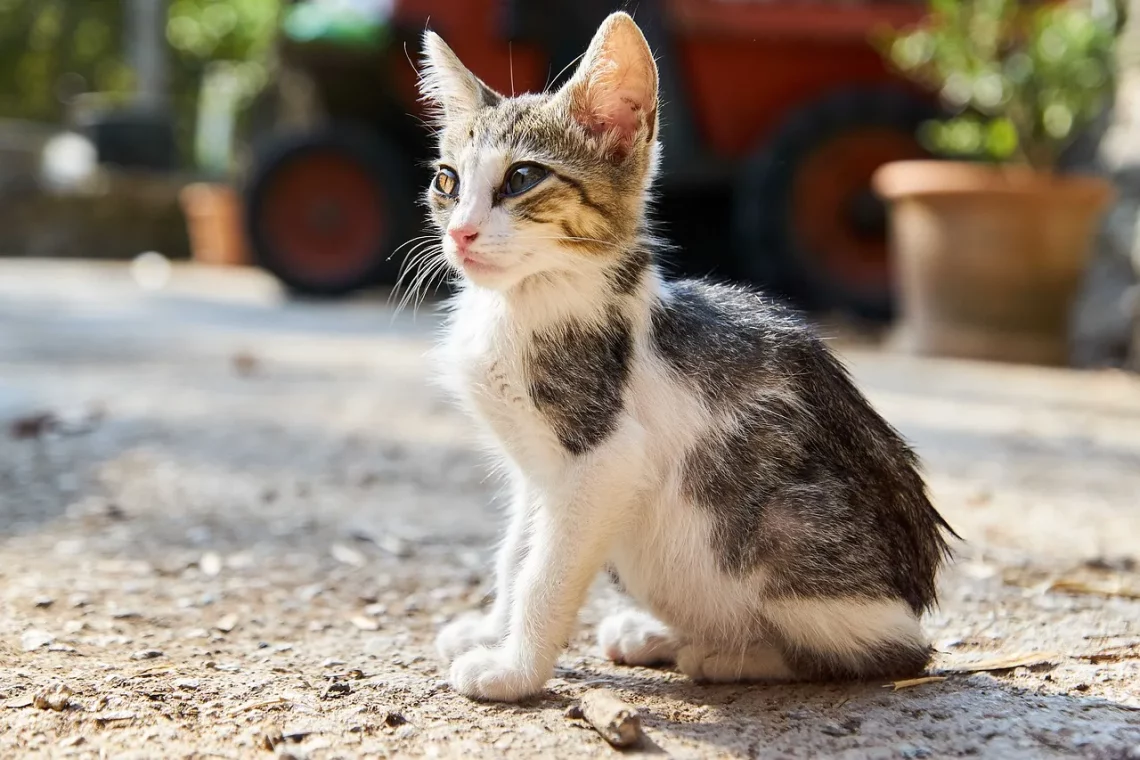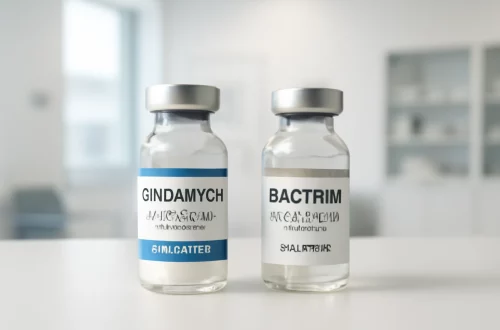
Understanding the Kitten Teeth Age Chart for Your Feline Friend
Kittens are one of the most adorable and playful companions that anyone can have. Their small size, curious nature, and boundless energy make them irresistible to many. However, as a responsible pet owner, it is essential to understand their developmental stages, particularly concerning their dental health. Just like humans, kittens go through various phases of tooth development, and being aware of these changes can help you monitor their growth and overall well-being.
Understanding how a kitten’s teeth develop is crucial for several reasons. First, it provides insights into their age, which is vital when it comes to their care routines, dietary needs, and health check-ups. Second, knowing what to expect during this tooth development phase can help you identify potential issues early, such as dental problems or abnormal growth patterns. Awareness of your kitten’s dental timeline can also prepare you for the challenges of teething, which often comes with its own set of trials for both the kitten and the owner.
In this article, we will explore the stages of kitten tooth development, how to care for their teeth, and what signs to watch for as they grow. Let’s dive into the fascinating world of kitten dental health.
The Stages of Kitten Tooth Development
Kittens are born without teeth, a characteristic that allows them to nurse without any pain to their mother. This period of toothless infancy lasts for about two weeks. During this time, they are entirely dependent on their mother’s milk for nutrition. Around the second week, the first set of teeth, commonly referred to as “milk teeth” or primary teeth, begins to emerge.
The development of milk teeth continues until about six weeks of age, when kittens typically have a full set of 26 teeth. These tiny teeth are sharp and designed to help kittens transition from milk to solid food. As they reach this stage, you may notice them beginning to explore their surroundings and chew on various items. This behavior is not just playful; it is essential for helping them understand the world around them.
At around four months of age, kittens start to lose their milk teeth as their adult teeth begin to come in. This process can last until they are about six months old, during which their 30 permanent teeth will replace the primary set. The loss of milk teeth can be uncomfortable for kittens, leading to increased chewing and biting behavior. Providing appropriate teething toys can alleviate some of this discomfort and keep them engaged.
It’s also essential to monitor the shedding of their milk teeth. If you notice that some teeth are not falling out as expected or if your kitten seems to be in distress, it may be time to consult a veterinarian. Understanding this timeline not only helps you gauge your kitten’s age but also allows you to be proactive in their dental care.
Caring for Your Kitten’s Teeth
Proper dental care is vital for your kitten’s health and well-being. While kittens are still developing their teeth, you can take several steps to ensure they grow healthy and strong. Start by introducing your kitten to dental hygiene early. This might involve getting them accustomed to having their mouths handled, which will make it easier to brush their teeth in the future.
Using a soft-bristled toothbrush designed for pets and toothpaste formulated specifically for cats is essential. Human toothpaste can be harmful to cats, so be sure to avoid it. Gradually introduce the toothbrush and toothpaste, allowing your kitten to lick the toothpaste off the brush before attempting to clean their teeth.
Regular brushing should begin as soon as their adult teeth start to emerge. Aim for at least two to three times a week, but daily brushing is ideal. Along with brushing, consider providing dental treats or toys that promote oral health. Many products are designed to clean teeth while your kitten chews, helping to reduce plaque and tartar buildup.
It’s also essential to keep an eye on your kitten’s eating habits. Feeding them a balanced diet that includes dry kibble can help in maintaining dental health, as the crunchiness can aid in cleaning their teeth as they chew. Be wary of excessive soft foods, as they can lead to dental problems over time.
Lastly, regular veterinary check-ups should include dental examinations. Your veterinarian can provide professional cleanings and check for any signs of dental issues early on, ensuring your kitten maintains a healthy smile throughout their life.
Signs of Dental Problems in Kittens
As a pet owner, being vigilant about your kitten’s dental health is crucial. Though kittens are generally healthy and resilient, they are not immune to dental issues. Recognizing the signs of dental problems early can help you take swift action and seek veterinary advice before the situation worsens.
One of the most common signs of dental problems is bad breath, also known as halitosis. While occasional bad breath can be normal, persistent foul odor may indicate an underlying issue, such as gum disease or tooth decay. Pay attention to any changes in your kitten’s breath and consult your veterinarian if the problem persists.
Another sign to watch for is difficulty eating or chewing. If your kitten seems reluctant to eat or is dropping food from their mouth, it could indicate pain or discomfort in their mouth. You may also notice them pawing at their mouth or exhibiting signs of distress while eating. This behavior should prompt an immediate veterinary consultation.
Swelling or redness around the gums is another significant warning sign. Healthy gums should be pink and firm, while swollen or bleeding gums can indicate periodontal disease or other dental issues. If you observe any changes in your kitten’s gums, it’s crucial to seek professional help.
Lastly, keep an eye out for any loose or missing teeth, especially if they are not in the expected teething phase. This could indicate a serious dental problem that requires prompt attention. Regular dental check-ups and being proactive about your kitten’s oral health can help prevent these issues from becoming severe.
In summary, understanding the development of your kitten’s teeth and the importance of dental care can significantly contribute to their overall health. A proactive approach to dental hygiene, coupled with regular veterinary visits, can ensure that your feline friend maintains a healthy and happy life.
**Disclaimer:** This article is for informational purposes only and should not be considered medical advice. Always consult a veterinarian for health concerns regarding your pet.




